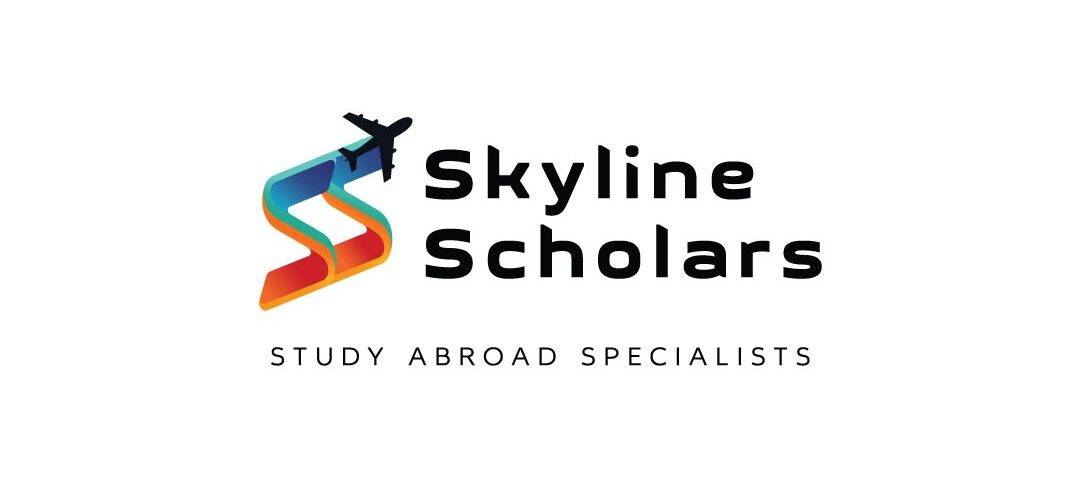Introduction
Looking to pursue a bachelor in aeronautical engineering in Italy or aerospace engineering in Italy? You’re seeking not just a degree, but an unforgettable journey—immersing yourself in innovation, design, and cutting-edge aerospace research. Italy’s blend of rich history, global-ranked technical universities, and thriving aerospace industry creates the perfect environment for aspiring engineers. Let’s dive in.
Why Choose Italy for Aeronautical Engineering?
Top-tier education at affordable rates: Italy offers excellent public universities with tuition ranging from €900 to €4,000 per year for a bachelor in aeronautical engineering in Italy, making it an attractive destination for international students
Strong research profile and faculty: Institutions like Politecnico di Milano, Sapienza University of Rome, University of Pisa, and University of Naples Federico II regularly rank among Italy’s best for aerospace engineering in Italy
Industry links and future prospects: Major Italian aerospace players—including Leonardo—offer internships and jobs, making Italy both an academic and professional launchpad.
Top 20 Universities in Italy for Aeronautical Engineering
| Rank | University | Location | Approx Indian Tuition Fees per Year |
|---|---|---|---|
| 1 | Politecnico di Milano | Milan | 349000 |
| 2 | University of Bologna | Bologna | 268000 |
| 3 | Sapienza University of Rome | Rome | 99900 |
| 4 | University of Padua | Padua | 233000 |
| 5 | Politecnico di Torino | Turin | 299340 |
| 6 | University of Pisa | Pisa | 89900 |
| 7 | University of Florence | Florence | 90000 |
| 8 | University of Naples Federico II | Naples | 90000 |
| 9 | University of Turin | Turin | 399000 |
| 10 | University of Milan-Bicocca | Milan | 90000 |
| 11 | University of Pavia | Pavia | 210000 |
| 12 | University of Messina | Messina | 160000 |
| 13 | University of Siena | Siena | 190000 |
| 14 | University of Parma | Parma | 230000 |
| 15 | University of Genoa | Genoa | 190000 |
| 16 | University of Verona | Verona | 200000 |
| 17 | University of Trento | Trento | 360000 |
| 18 | Sant'Anna School of Advanced Studies | Pisa | 358000 |
| 19 | University of Eastern Piedmont | Vercelli | 190000 |
| 20 | University of Catania | Catania | 170000 |
Course Structure
A bachelor in aeronautical engineering in Italy typically spans 4 years, covering foundational subjects like aerodynamics, propulsion, flight mechanics, aircraft structures, and systems design. Most programs blend lectures, labs, and industry-aligned projects
Eligibility & Admission Requirements
Academic background: Completion of 10+2 or equivalent, with strong performance in physics and math.
Entrance criteria: Some universities may require admission tests or minimum marks; check individual university portals.
Language: Most bachelor programs are in Italian—international students should plan to learn the language or verify course language options
Cost of Study
Tuition: ₹87,592–₹4,12,200 per year at public universities; private options may charge ₹6,18,300–₹20,61,000 or more.
Living expenses: Between ₹8,46,040 and ₹18,59,022 annually; high-cost cities like Milan or Rome may push totals over ₹18,54,900.
Scholarships & Financial Aid
DSU Scholarships: Based on family income (ISEE), offering tuition waivers, accommodation, and stipends.
Invest Your Talent in Italy: Designed for non-EU engineering students, offering partial/full tuition and internship support at select institutions like Politecnico di Milano.
Unibo Action 1 & 2 (University of Bologna): Offers up to INR 11,33,550/year, covering tuition and living costs; eligibility includes age and merit criteria.
Italian Government (MAECI) and external grants (UNESCO, corporate scholarships) for international students.
Career Opportunities
Graduating with a bachelor in aeronautical engineering in Italy opens paths in aeronautical firms, research institutes, and aerospace units. The Italian aerospace sector is robust and well-connected throughout Europe. Industry links often lead to internships and post-study employment.
Why Indian Students Prefer Italy
Cost vs. quality balance: Strong engineering education at a fraction of Western prices.
Cultural immersion: A life steeped in history, art, and design—paired with a rigorous STEM path.
Work flexibility: Students can often work part-time (typically up to 20 hours/week), with internship-friendly opportunities across Europe
How to Apply
Shortlist universities offering a bachelor in aeronautical engineering in Italy.
Check specific entry requirements: grades, language, intake deadlines (usually September).
Prepare documentation: transcripts, language proof, recommendation letters, etc.
Apply online and explore scholarship opportunities (DSU, Unibo Action, Invest Your Talent).
On acceptance, secure a student visa through the local Italian consulate.
Student Life in Italy
Italy’s student life is a vibrant blend of lecture halls, club societies, and cultural outings. Cities like Milan, Rome, Bologna, Pisa, and Turin offer bustling student hubs with cafés, museums, and public transport that make exploring (and learning) easy and exciting.
Conclusion
Pursuing a bachelor in aeronautical engineering in Italy or aerospace engineering in Italy offers a transformative blend of academic excellence, cost-effectiveness, and cultural depth. With top-ranked universities, industry ties, affordable living, and scholarship opportunities, Italy invites ambitious students to soar toward their aeronautical dreams.


